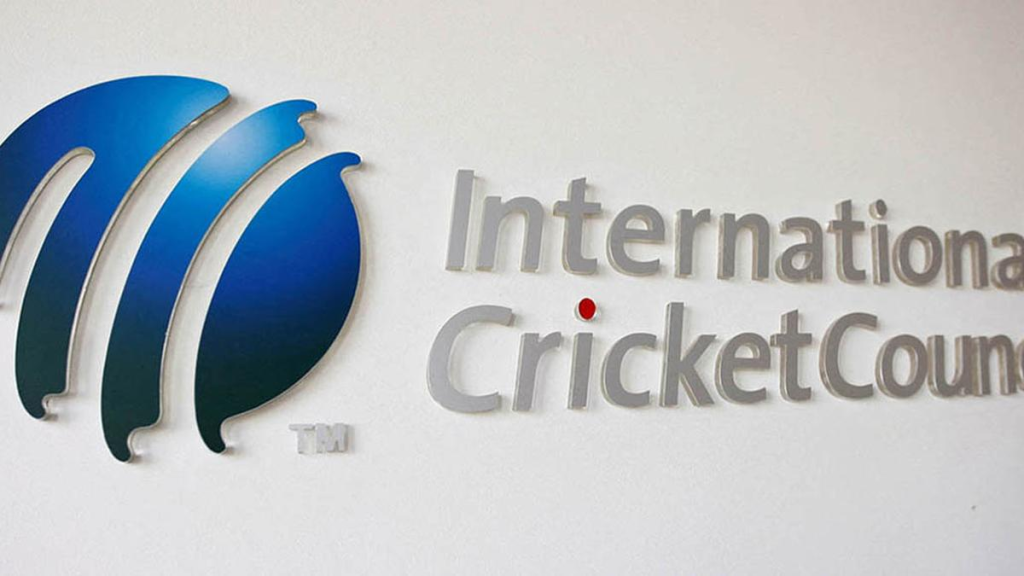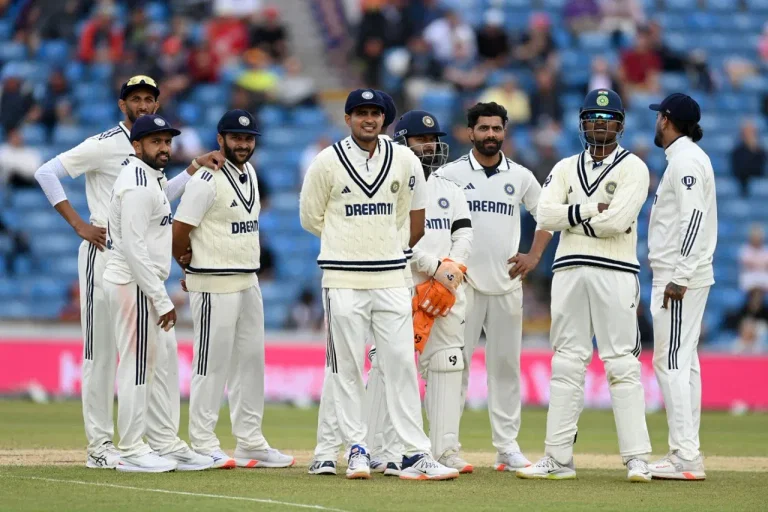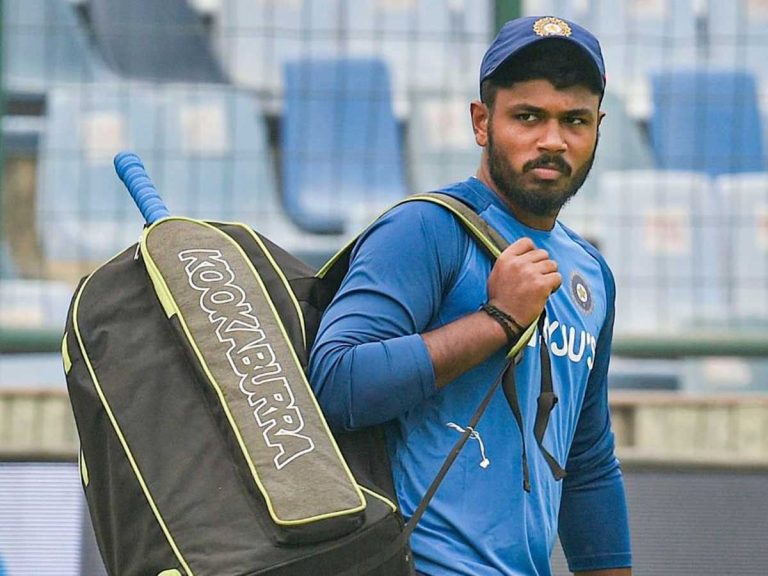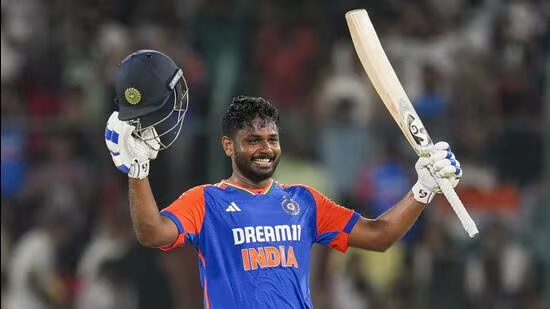
The International Cricket Council (ICC) is poised to make a groundbreaking change to Test cricket format, with plans to sanction four-day Test matches for smaller nations in the upcoming 2027-29 World Test Championship (WTC) cycle. This historic decision marks a significant shift in cricket’s longest format while maintaining traditional five-day matches for cricket’s powerhouse nations.
ICC Chairman Jay Shah Backs 4-Day Test Format
During discussions last week at the WTC final at Lord’s, ICC Chairman Jay Shah expressed his support for four-day Tests, with a view to sanctioning them in time for the 2027-29 WTC cycle. This endorsement from cricket’s governing body’s top official signals a strong commitment to implementing this format change.
The proposal represents a strategic move to address the growing challenges facing Test cricket, particularly for nations with limited resources and infrastructure. The idea is to make the format more accessible and cost-effective for countries with limited resources, while retaining traditional five-day Tests for marquee series involving India, England and Australia.
Big Three Nations Retain Traditional Five-Day Format
While smaller cricket nations will transition to the shorter format, big cricketing nations like India, England, and Australia will still play 5-day matches in high-profile series like the Ashes, the Border-Gavaskar Trophy, and the newly named Anderson-Tendulkar Trophy. This dual approach ensures that cricket’s most prestigious bilateral series maintain their traditional character while providing flexibility for developing cricket nations.
Addressing World Test Championship Scheduling Challenges
The introduction of four-day Tests aims to tackle one of the WTC’s most pressing issues. Because of the five-day structure in the 2025–27 cycle, 19 of the 27 scheduled series only include limited matches, creating an imbalanced competition structure. The shorter format could enable more frequent and longer series for nations that have struggled with the current format’s demands.
The objective behind this move is to reduce logistical challenges and costs associated with hosting Test matches, making the format more sustainable for cricket boards operating with tighter budgets.
What This Means for Cricket’s Future
The 4-day Test format represents a compromise between preserving cricket’s traditional values and adapting to modern realities. For smaller cricket nations, this change could mean:
– Reduced operational costs for hosting Test matches
– Increased frequency of Test series participation
– Better resource allocation for cricket development programs
– Enhanced competitiveness in the World Test Championship
The format change also addresses concerns about Test cricket’s declining popularity and the challenge of fitting lengthy matches into busy international calendars. By maintaining five-day Tests for high-profile series while introducing four-day matches for other fixtures, the ICC aims to preserve cricket’s premium product while making the format more inclusive.
Timeline and Implementation
The ICC plans to formalize these changes in preparation for the 2027-29 World Test Championship cycle. This gives cricket boards approximately three years to adapt their infrastructure, scheduling, and strategic planning to accommodate the new format.
The current 2025-27 WTC cycle will continue with the traditional five-day format, providing a transition period for stakeholders to prepare for the upcoming changes.
Industry Reactions and Implications
Cricket analysts view this development as a pragmatic solution to Test cricket’s sustainability challenges. The format could help address the disparity in WTC scheduling that has created an uneven playing field for different nations.
The decision also reflects the ICC’s recognition that a one-size-fits-all approach may not be suitable for the diverse landscape of international cricket, where nations have varying levels of resources and infrastructure.
This landmark decision by the ICC, backed by Chairman Jay Shah, signals a new era for Test cricket – one that balances tradition with practical necessity, ensuring the format’s long-term viability while maintaining its prestige and competitive integrity.






